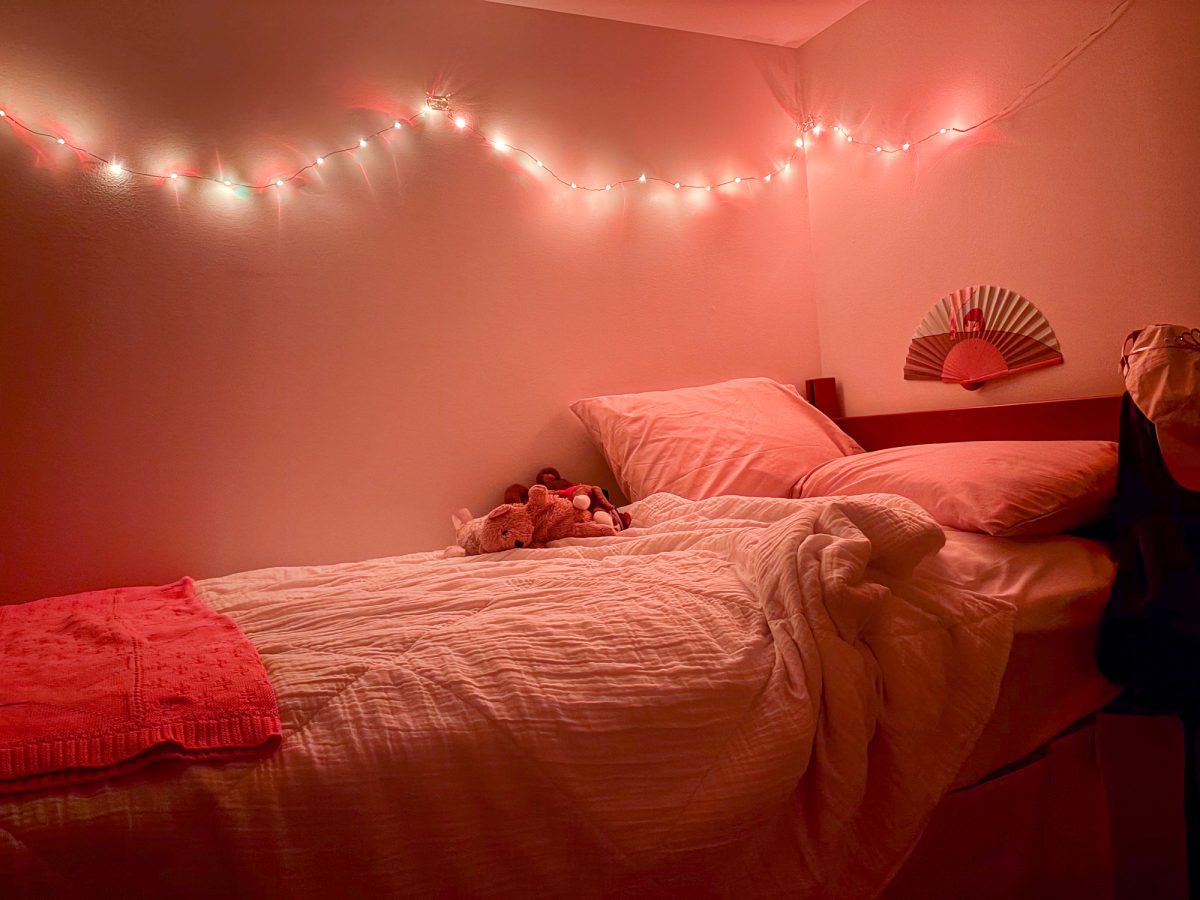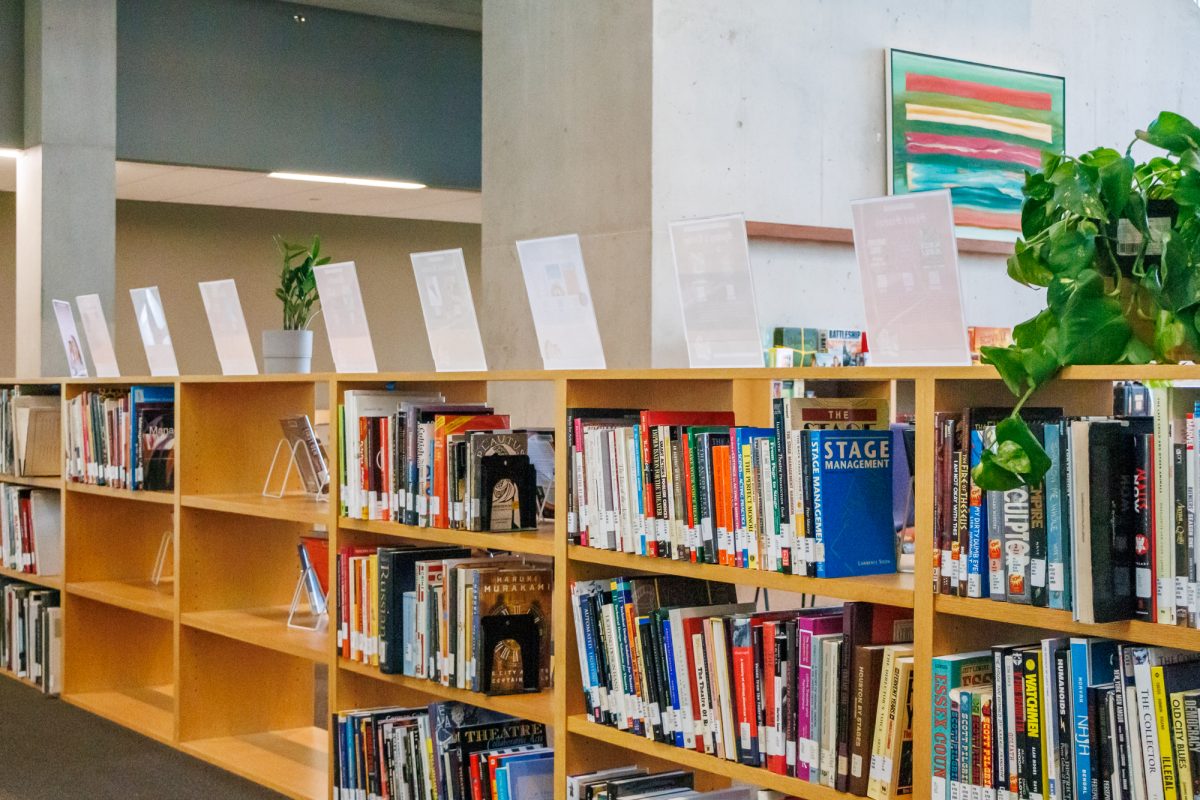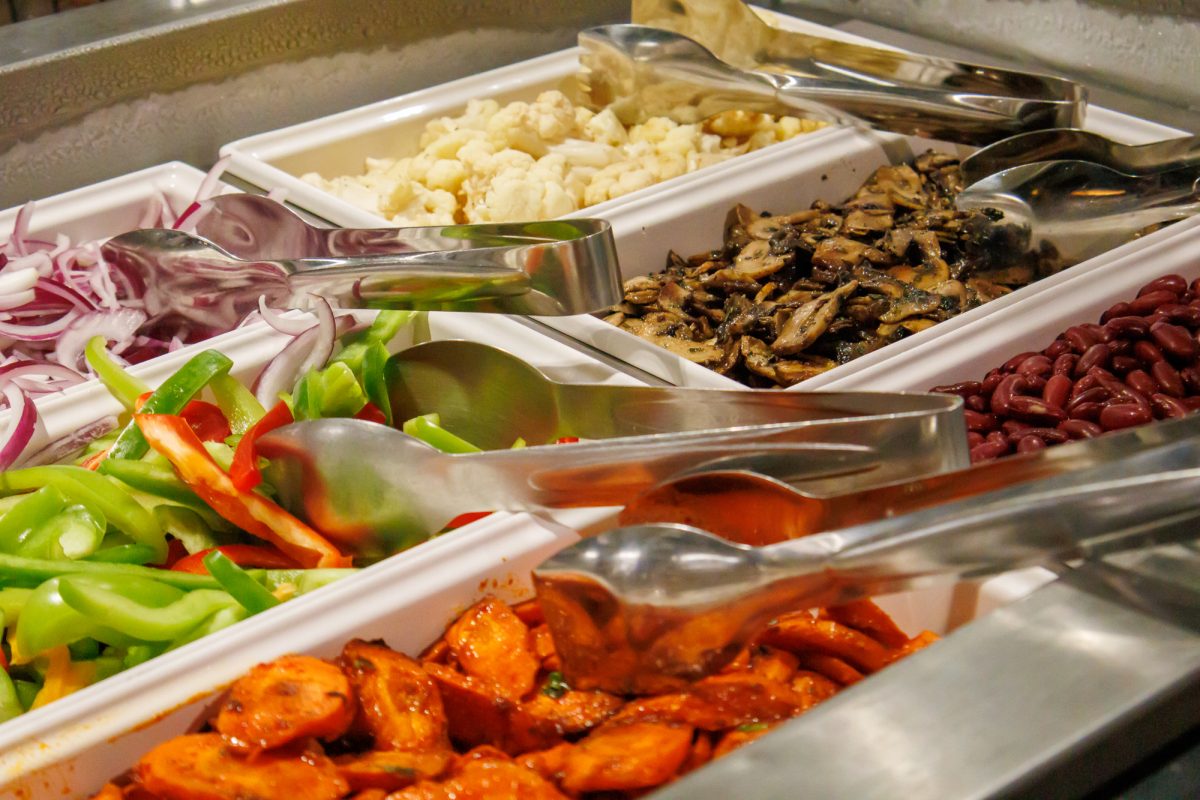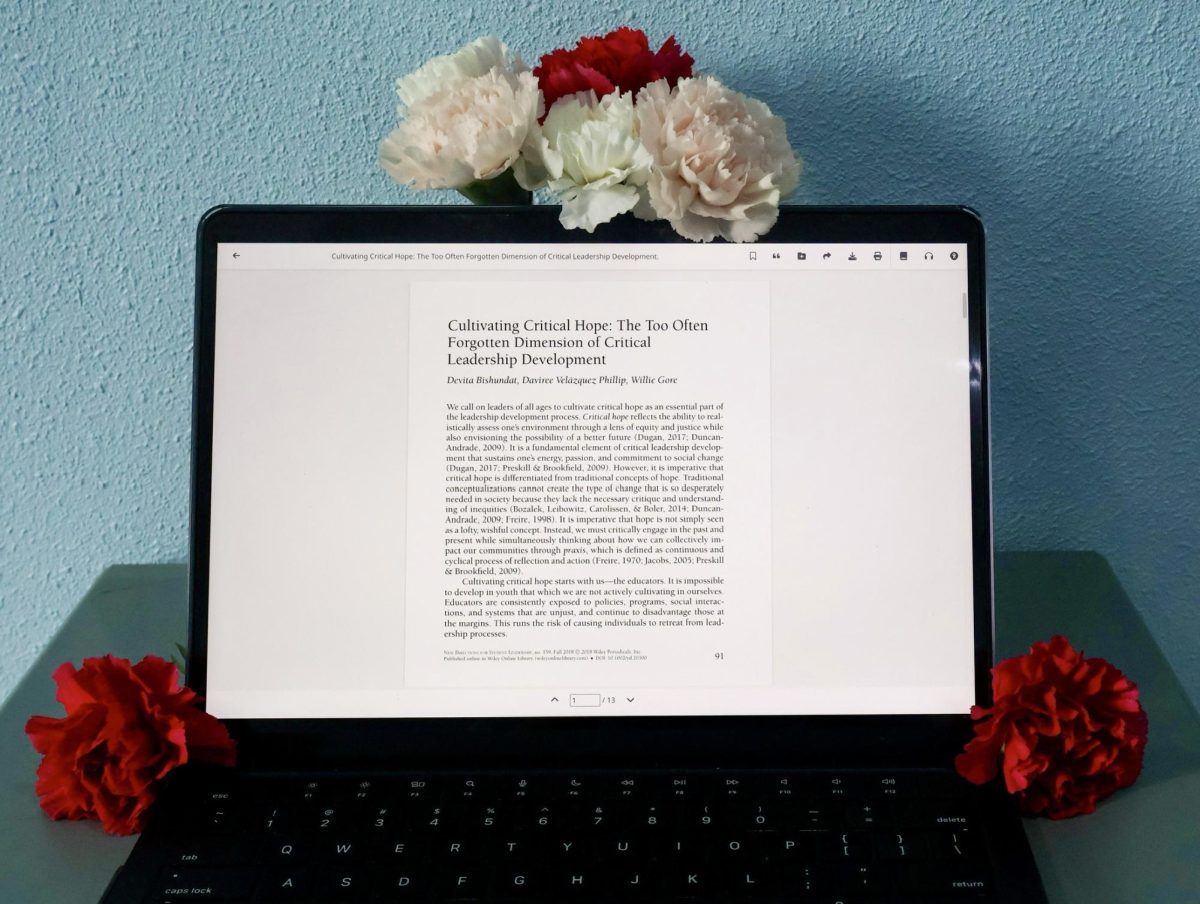My freshman experience so far has been successful. I feel good here, and haven’t yet had any regrets about my choice to come to St. Edward’s University. While I’m originally from New York, I moved to Panama when I was six years old. Having not lived in the United States for 12 years, coming back has been my biggest challenge in this transitional period. Now, after only three months on the hilltop, I already feel like I belong.
I always experience a sense of culture shock every time I return, but accepting that this is my new reality forces me to adapt and assimilate. Thankfully, my peers have welcomed me with open arms, and I haven’’t felt any prejudice for being an international student. Instead, I feel an even higher sense of community.
Our incoming freshman class of 2029 consists of 500 students, 55 of them being international. I consider 10% to be a substantial amount, especially compared to other universities in Texas. Apart from the freshman class, I have found a connection with the Latino community in the school as a whole and in the surrounding area. They have adopted me as one of their own. Having this community to confide in and lean on has helped me feel at home in a new place. We can relate to our shared struggles of leaving everything we had once known behind and starting a new life.
Since I’’m from the U.S., I have also had the chance to connect with the non-international student body. Being friends with both Americans and Latinos has helped me see two perspectives on the same experience. My freshman experience falls somewhere in the middle. Like a cat raised by dogs, I am both an outsider and a native. Being in between, I have noticed a distinct division between the “domestic students” and Latinos. Even before I arrived at school, people were making speculations about me, wondering which group I would choose or fall into. Once I got here, they asked me who it was going to be. Can’’t we coexist? Why must nationality have a say in separation?
One of the main reasons I chose St. Edward’s was because of its small population and promise of classroom intimacy. Back home, I lived in a very small town at the beach. My graduating class consisted of five students, including me. The university’s tiny nature has been a blessing. I already know my way around campus, have good relationships with all of my teachers and know a good amount of people. I’ve done such a good job networking that I now can’t leave my dorm without seeing a familiar face, whether I feel like socializing or not.
I feel supported by the staff and my peers. I know I’m not just another number in the system, I am Mae Hernandez, and I matter.
I have a friend who goes to The University of Texas at Austin and whenever I’m there with him, I get overwhelmed immediately. The abundance of students and rushed movement on the streets is exhausting. Everyone already has their groups and no one approaches us to connect. Meanwhile, on the hilltop, I meet someone new who’s willing to engage almost every day. That’s why I love the small student body and campus. It has helped me feel seen in a place where it could be easy to get lost. Although it’s only been three weeks, my adjustment process has gone smoothly thanks to the strong sense of community and support that I have found here.








